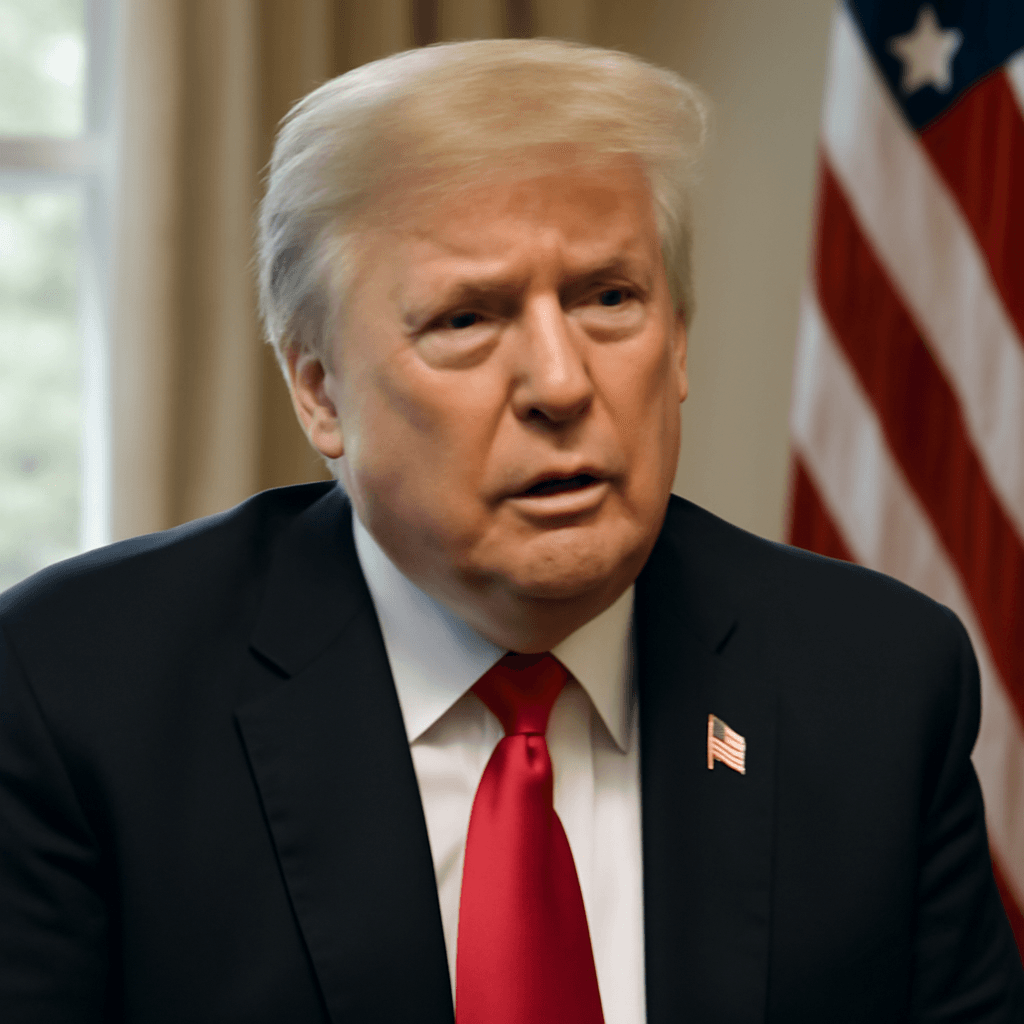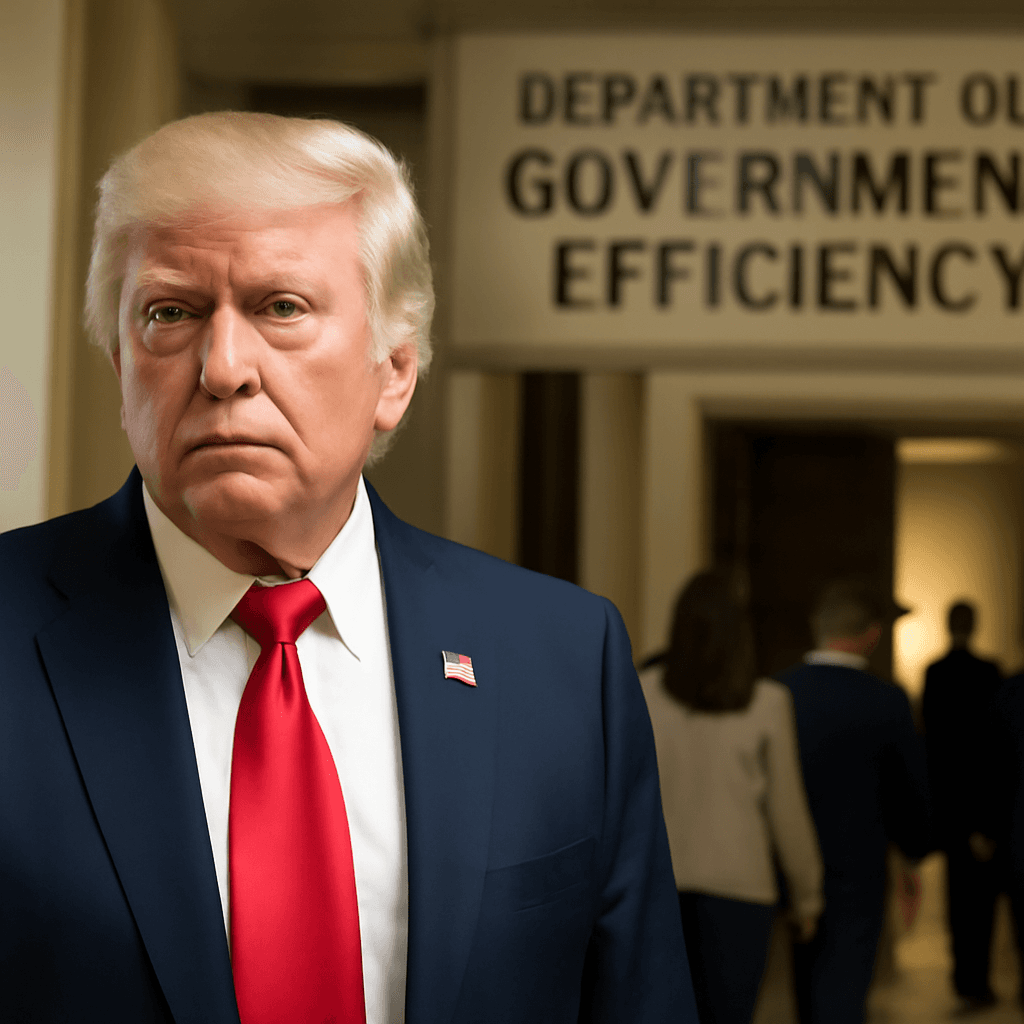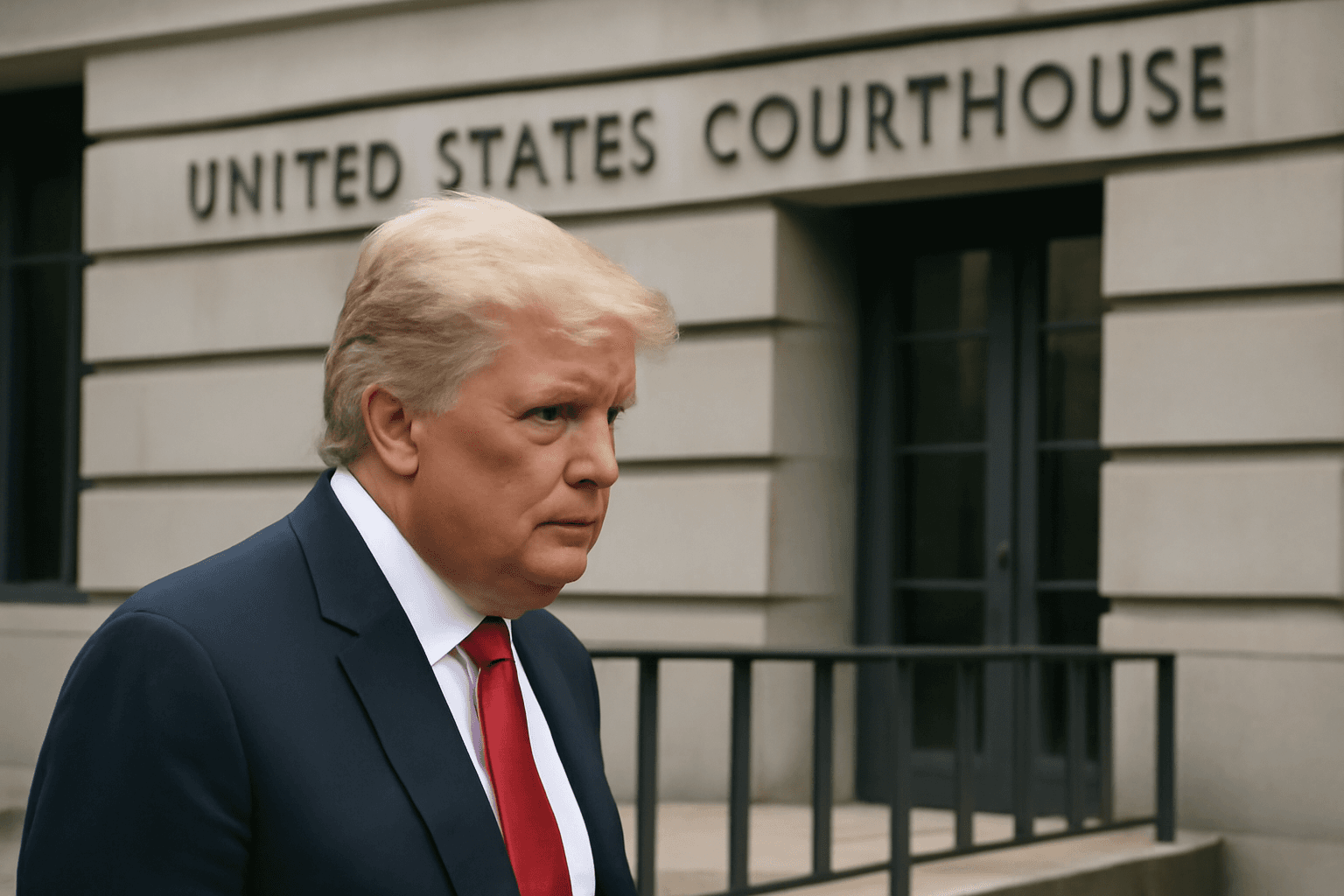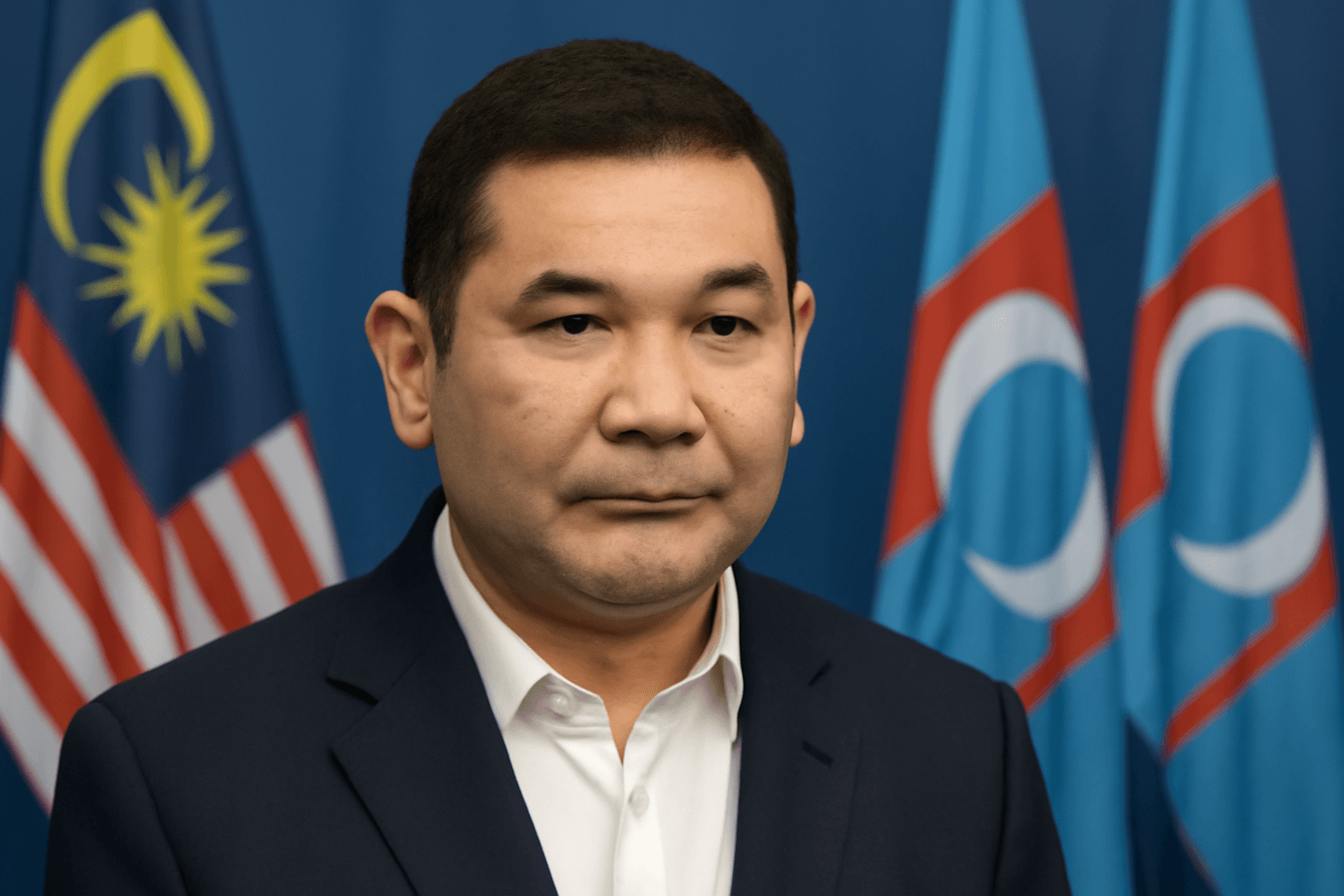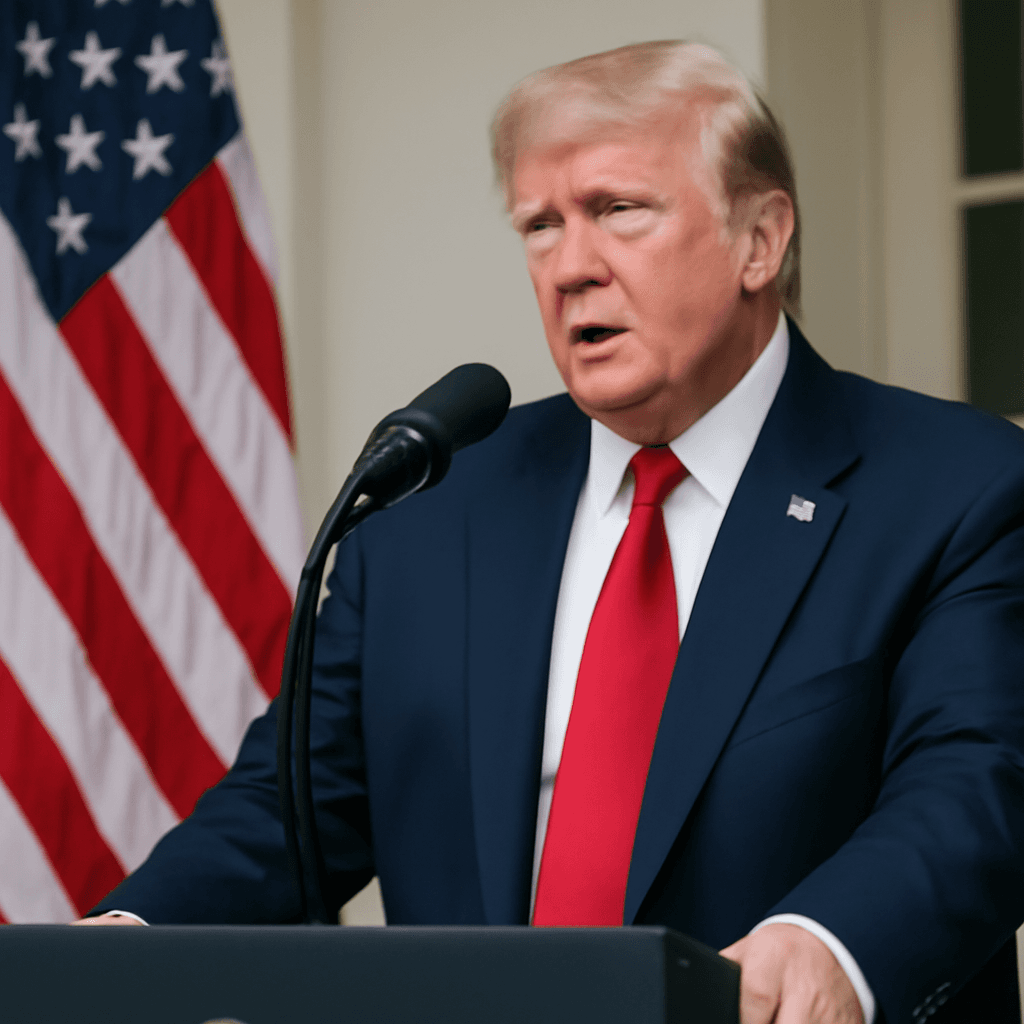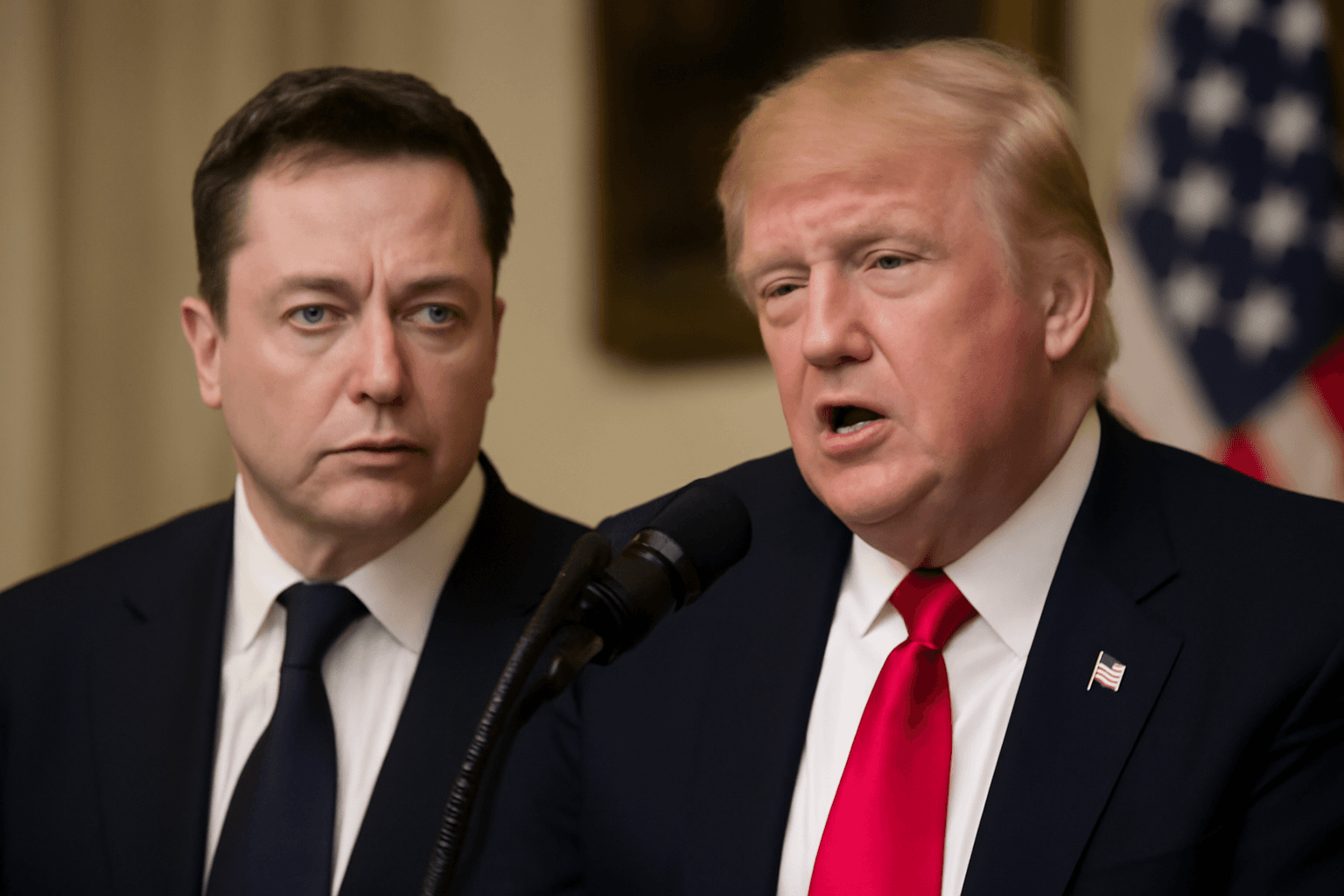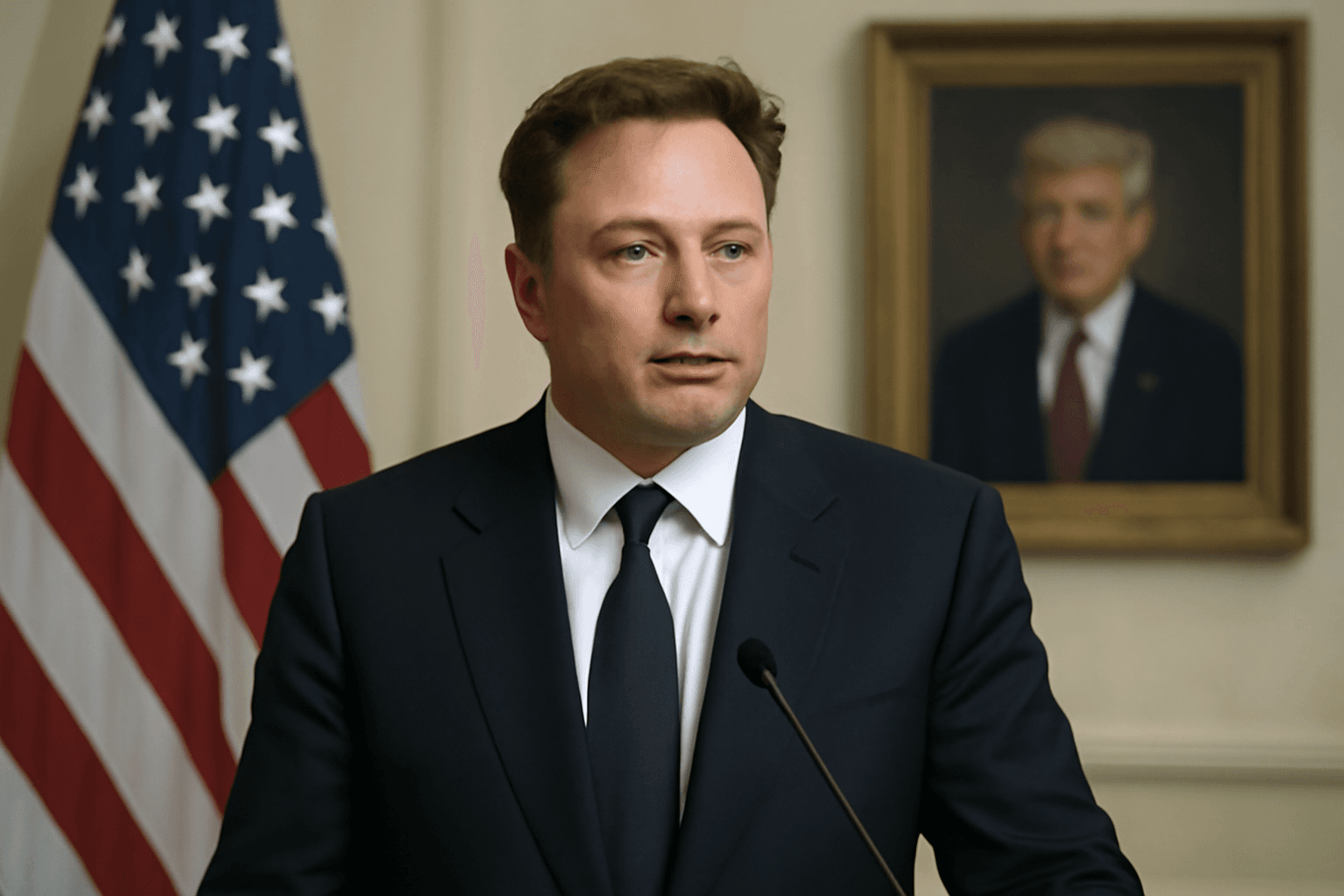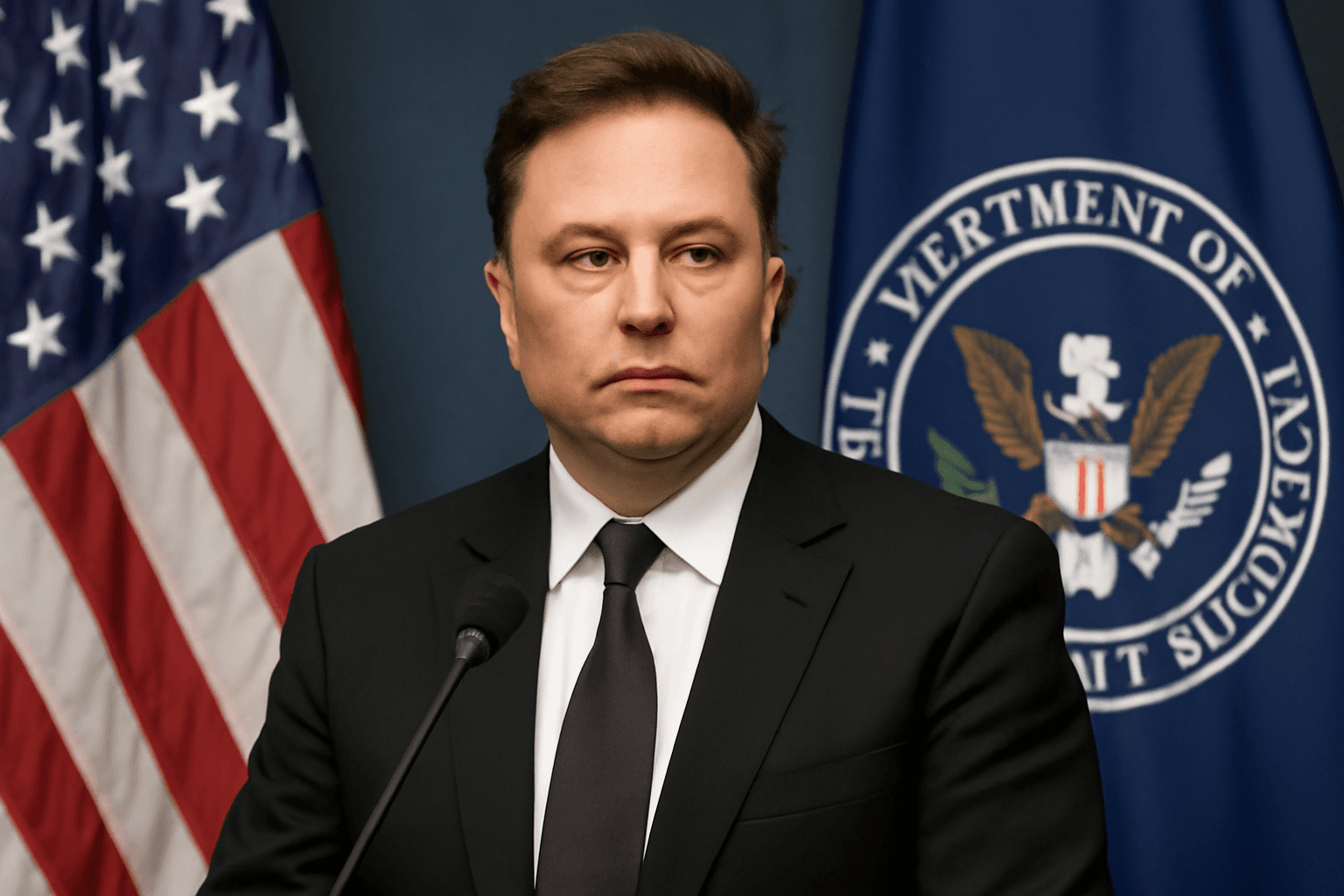Lobbyists Capitalize on Trump's Expanding Pardon Power
President Donald Trump's active use of his pardon power has transformed the clemency process into a lucrative business for lobbyists and consultants connected to his administration. Wealthy individuals seeking presidential pardons are reportedly willing to pay steep fees, with some offers reaching as high as $5 million to gain access and advocate on their behalf.
Unlike previous administrations, Trump has issued pardons throughout his term rather than concentrating them at his administration's end. This strategy has opened the door for an active pardon market, characterized by less formalized pricing and increased financial incentives for intermediaries.
Escalating Costs and a ‘Wild West’ Environment
The absence of a standardized fee structure means prices for assistance with pardon petitions vary significantly. Sources familiar with lobbying proposals report clients offering multimillion-dollar sums for access to the president. This represents a notable increase compared with fees during Trump's earlier term, where figures were reported in the five-figure range.
One lobbyist described the situation as “Wild West,” where practitioners can “basically charge whatever you want.” The high-profile nature of Trump's clemency decisions and the growing demand have contributed to this environment.
Concerns Over Justice System Integrity
This commercialized approach to pardons raises alarms about fairness and public trust. Critics warn it fosters perceptions of a two-tier justice system benefitting the wealthy and politically connected, thereby undermining confidence in the clemency process.
“It is very destructive to our justice system,” said a former pardon attorney. “It entrenches a two-tier system of justice in which wealth really can be a get-out-of-jail-free card.”
In response, White House representatives emphasize that all pardons are solely the president's decisions, aimed at providing second chances, especially to individuals unfairly targeted by flawed justice procedures.
Increased Pardons and Political Connections
Since taking office in January 2025, President Trump has granted clemency to over 90 individuals, including many tied to the January 6 Capitol insurrection. This volume surpasses comparable periods in his prior presidential term, where he had pardoned only one individual in the first year.
Many recipients have been allies, campaign donors, or former political figures, often with the resources to advance their petitions through lobbying or public advocacy. A typical Justice Department pardon application process requires a five-year waiting period post-conviction or sentence, along with acceptance of responsibility, but many of Trump's pardons bypass these norms.
Lobbyist Roles and Referral Networks
Not all lobbyists are eager to engage in pardon-related lobbying due to potential reputational risks or ethical concerns. Some decline these assignments, referring clients to trusted associates within a closed network. Referral fees are sometimes paid without direct involvement in the pardon efforts.
Recent reports suggest that in some firms, up to 50% of client inquiries relate to pardons, a substantial increase from historically rare solicitations.
High-Profile Pardons and Advocacy Tactics
Cases such as the pardons of reality TV stars convicted of financial crimes have attracted significant attention. Public campaigns, often led by high-profile family members with large social media followings, have proven effective in influencing clemency outcomes.
Advocates typically frame cases within narratives of political targeting or judicial overreach, aligning with themes that resonate with the president and his base.
Legal and lobbying professionals known for successful pardon advocacy include former federal prosecutors and attorneys connected to Trump's inner circle, some having expanded their focus explicitly on pardon-related services.
Emerging Power Players
- Individuals like Brett Tolman have gained prominence for facilitating successful petitions.
- Firms affiliated with senior White House staff members have registered to lobby on clemency matters.
- Longtime Trump confidants, including Roger Stone, have formally entered the pardon lobbying arena.
These actors often leverage political influence and media exposure to amplify clients’ cases.
Legal Professionals Seek Pardons for Clients
Lawyers representing convicted individuals increasingly view clemency as a viable option, especially for cases perceived as unfairly prosecuted. Efforts to engage pardon officials include outreach to known administration contacts and leveraging media platforms to build public support.
Political Implications and Evolving Norms
Trump’s proactive clemency practices mark a departure from traditional presidential pardoning patterns, which favored discretionary timing and careful vetting. The administration portrays the heavy pardon activity as corrective action against a perceived weaponization of the justice system by political adversaries.
Pardons granted to prominent figures and family members, including those of previous presidents, have shifted public expectations and diminished the stigma historically associated with political pardons.
Media and Public Platforms as Gateways
Family members and advocates frequently appear on conservative media channels to advocate publicly for pardons, capitalizing on platforms known to reach the president and his supporters. These efforts complement formal lobbying and legal strategies.
For example, a prominent Trump supporter with millions of followers publicly campaigned for clemency on behalf of family members, highlighting the significance of media exposure in gaining the president's attention.
Conclusion
The burgeoning pardon industry surrounding the Trump administration illustrates a complex interplay between presidential clemency power, political influence, financial resources, and public advocacy. This phenomenon raises critical questions about the integrity of the justice system and the role of money and politics in presidential pardons.

